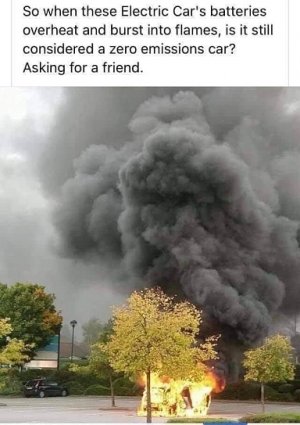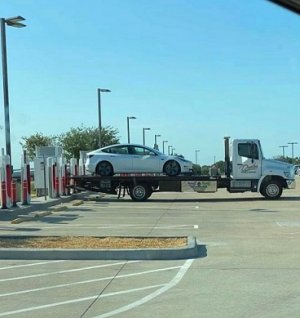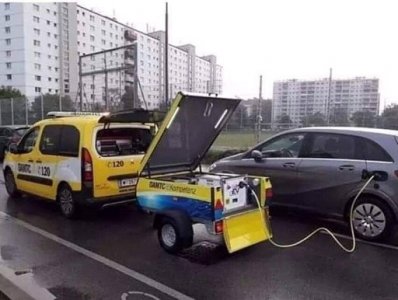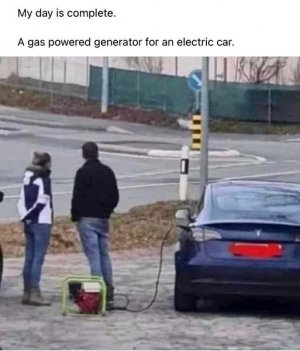Looks like you are right, I googled it and apparently the oil companies are investing in EV. Reminds me of a saying, I forget if Benjamin Franklin or Henry Ford, but a quote about a new invention being to the economy as good as the discovery of a vast new gold source.
It appears to me that California is not edgy and progressive as it seemed, looks more like they are simply the least laggard part of the US and other countries in the world are the truly progressive ones.
"Although electric vehicles (EVs) may appear to be the last thing the oil and gas industry would desire, energy firms are investing heavily in EV technologies, not wanting to miss out on new energy transition opportunities. The likes of Shell, TotalEnergies, ExxonMobil, Equinor, and BP are all backing EV projects as they expand their portfolios to include non-traditional energy sectors.
In 2021, several international oil majors acquired EV-related companies and technologies while, at the same time, several car manufacturers announced plans for the rollout of new EV models and an eventual transition away from internal combustion engine (ICE) vehicles. The global electric car market is predicted to be worth over $354 billion by 2028, growing at a CAGR of 19%. And with the number of electric passenger vehicles increasing by an anticipated 60 million by 2026, it’s no wonder that energy companies are investing in the future of transport.
In Europe, Shell has been just one of the oil majors to expand its EV charging network over the last year. Shell’s subsidiary, ubitricity – standing for ubiquitous electricity – is using innovative technologies to enhance access to EV charging stations by powering cars across cities through lamp posts. Shell’s public charging network, Shell Recharge, expects to have over 500,000 charging points globally by 2025, establishing locations across supermarkets, street-charging points, and EV hubs.
Shell is also leading by example by establishing an EV charging hub in London, replacing its petrol and diesel pumps with ultra-rapid 175kW charge points, which provide cars with around an 80 percent charge in 30 minutes. This is a global pilot for the energy firm, and the site in Fulham is constructed out of sustainable materials showing how the future of car fuelling could look.
TotalEnergies has established a similar goal, to create 150,000 EV charge points across Europe by 2025. The oil major already has around 22,000 charge points in Greater Amsterdam, 3,000 in Antwerp, 1,700 in London, 2,300 in Paris, 1,500 in Singapore, and 11,000 in Wuhan. And in November 2021, it allocated over $210 million to fit around 150 of its motorway and expressway service stations with high-power charge points for electric vehicles across France."






